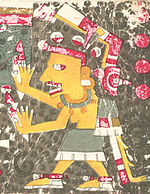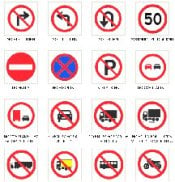He said he would see his brother tomorrow. They knew there would be trouble unless the report was finished by the next day. It is used in a number of different ways. When would comes after a pronoun, it is not usually pronounced in full.

In conversation and informal writing, would is often shortened to ’d: I thought you’d like a drink before dinner. We often use would (or the contracted form ’d) in the main clause of a conditional sentence when we talk about imagined situations: If we had left earlier, we would have been able to stop off for a coffee on the way. I’d love to see both.
Want to learn more? Learn the words you need to communicate with confidence. No, would in your polite sentence means you are not working on the script because of some drawback or impediment. You need to finish the sentence to make it more grammatical.
It also serves as the past form of the modal verb will. Additionally, would can indicate repetition in the past. Kids Definition of will (Entry of 3) : a firm desire or determination They have the will to win. He quit smoking through his own will.
Rules similar to those for choosing between shall and will have long been advanced for should and would , but again the rules have had little effect on usage. Would you like a drink? In most constructions, would is the auxiliary chosen regardless of the person of the subject: If our allies would support the move, we would abandon any claim to sovereignty.
Said as an attempt to shorten a discussion that focusses on the past, thus providing no solution to an actual problem. If you appreciate something, you recognize its value. Sense may be used to denote a particular meaning (among others) of a word or phrase: The word is frequently used in this sense. She was offered a job in Paris.
They disagreed on how to define “liberal. Mean and standard deviation. English dictionary definition of fain. What would negative interest rates mean for mortgages and savings? Variable-rate mortgages may fall a little, and it seems unlikely banks will charge to hold savings.

What people try to create or find. A human condition in which they cannot exist in a meaningless state, even if they do live in a meaningless state, they need to pretend they exist in a world of meaning. The mean is the average of the numbers. It is easy to calculate: add up all the numbers, then divide by how many numbers there are.
In other words it is the sum divided by the count. The refuse or dross of molten metals. Sociology, a social science that studies human societies, their interactions, and the processes that preserve and change them.

It does this by examining the dynamics of constituent parts of societies such as institutions, communities, populations, and gender, racial, or age groups. Sociology also studies social status or stratification, social movements, and social change, as well as societal disorder in the form of crime, deviance, and revolution.
No comments:
Post a Comment
Note: only a member of this blog may post a comment.